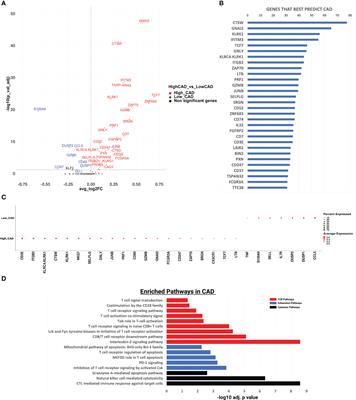EDITORIAL
Published on 20 Jun 2024
Editorial: Adaptive immunity in atherosclerosis
doi 10.3389/fimmu.2024.1440283
- 1,208 views
10k
Total downloads
29k
Total views and downloads
EDITORIAL
Published on 20 Jun 2024
REVIEW
Published on 30 May 2024
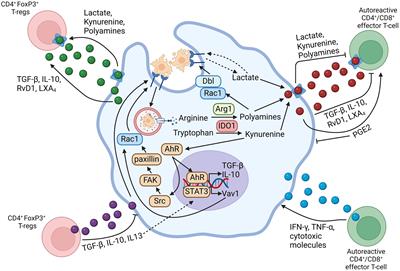
ORIGINAL RESEARCH
Published on 13 May 2024
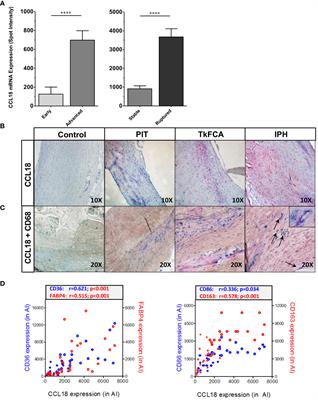
REVIEW
Published on 15 Apr 2024
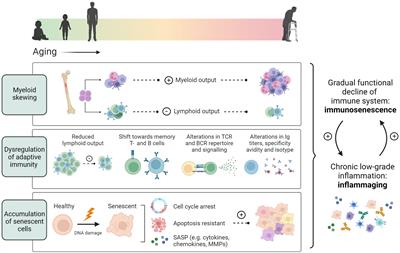
ORIGINAL RESEARCH
Published on 20 Mar 2024
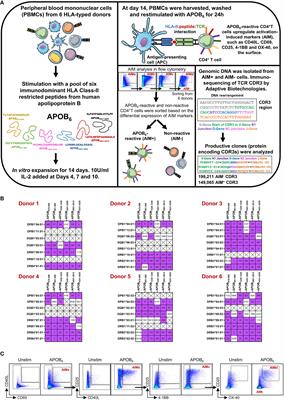
ORIGINAL RESEARCH
Published on 04 Mar 2024
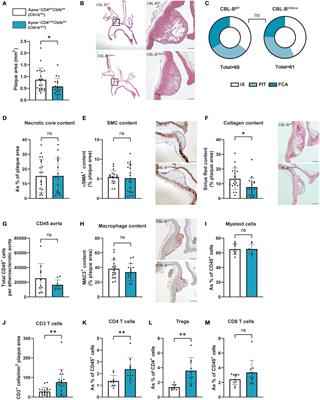
ORIGINAL RESEARCH
Published on 08 Jan 2024

REVIEW
Published on 20 Dec 2023

ORIGINAL RESEARCH
Published on 27 Sep 2023
